From Monk to Statesman: Here Is a Remarkable Indian You May Not Have Heard Of!
A look into the life of 19th Kushok Bakula Rinpoche, a Buddhist monk from Ladakh who spread his wings well beyond India.
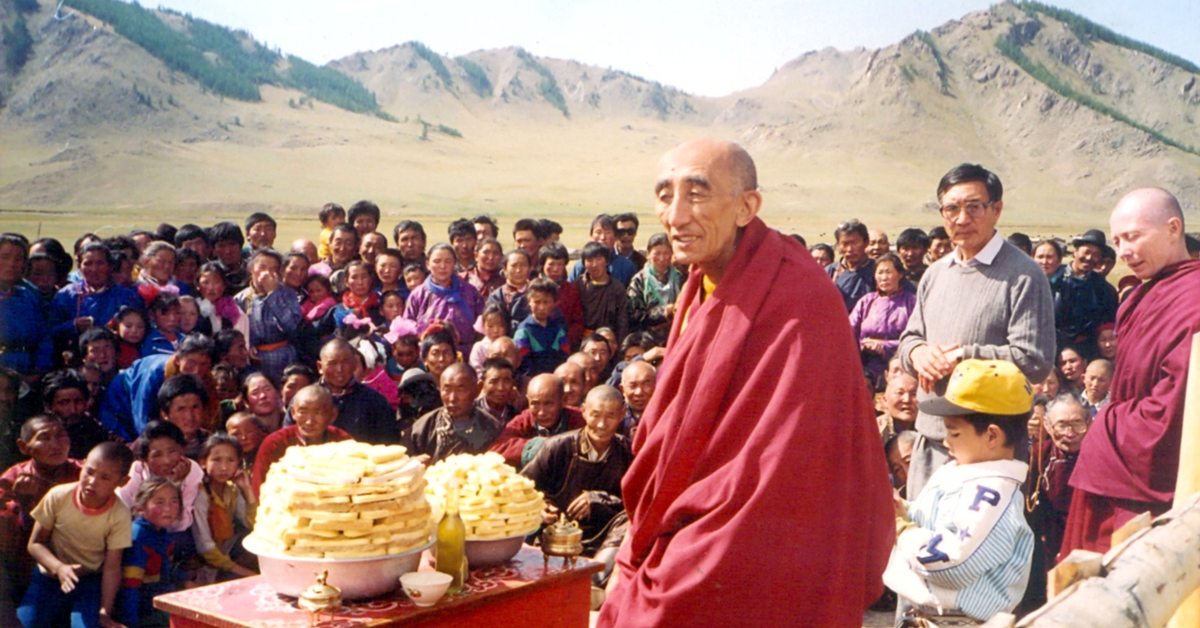
Kushok Bakula Rinpoche, the 19th incarnation of Arhat Bakula, considered one of the 16 direct disciples of Lord Buddha, was a prominent Buddhist monk, statesman and international diplomat. The former Prime Minister Manmohan Singh called him “the architect of Modern Ladakh,” and this year Ladakh is celebrating his birth centenary.
Born into a royal Ladakhi family on May 19, 1917, Bakula Rinpoche led a life that was markedly different from other religious leaders. He held many official positions during his lifetime including Member of the J&K Constituent Assembly, a minister in Jammu and Kashmir Government, two-term Member of Parliament (Lok Sabha), a Member of the National Commission on Minorities and India’s ambassador to Mongolia. After an eventful life, Rinpoche passed away on November 4, 2003, at the age of 86.
In his opening remarks on Vijaya Dashmi earlier this year, RSS chief Mohan Bhagwat recalled his stellar contribution to India. “Acharya Bakula manifested the same national vision of Bharat towards global humanity through his personal and social conduct which Swami Vivekananda had declared in his Chicago speech,” he said. While the people of Ladakh may not agree with some of Bhagwat’s prescriptions for India, there was much appreciation for the respect he paid to a prominent leader of Ladakh, a region often ignored by mainstream media.
Rinpoche indeed lived a remarkable life. In early 1948, when tribal raiders from Pakistan attacked Jammu and Kashmir, he successfully coordinated Indian efforts to protect Ladakh from falling into the hands of the proverbial ‘enemy’.
It was a meeting with Jawahar Lal Nehru, India’s first Prime Minister, in early 1949, which set the ball rolling for a remarkable political career marked by constructive religious pursuits. He made a detailed case for Ladakh to remain a part of India following an attack by tribal raiders from Pakistan and talk of a United Nations-backed plebiscite.
A delegation of the Ladakh Buddhist Association, a civil society organisation concerned with the affairs of the Buddhist community in the region, had earlier made the same demands to our first prime minister. Irrespective of the outcome of a potential plebiscite, Rinpoche argued that Ladakh must remain with India.
It was at this meeting, where Nehru suggested that politics offered the best route for him to contribute to Ladakh’s well-being. This suggestion profoundly changed the course of Rinpoche’s life.
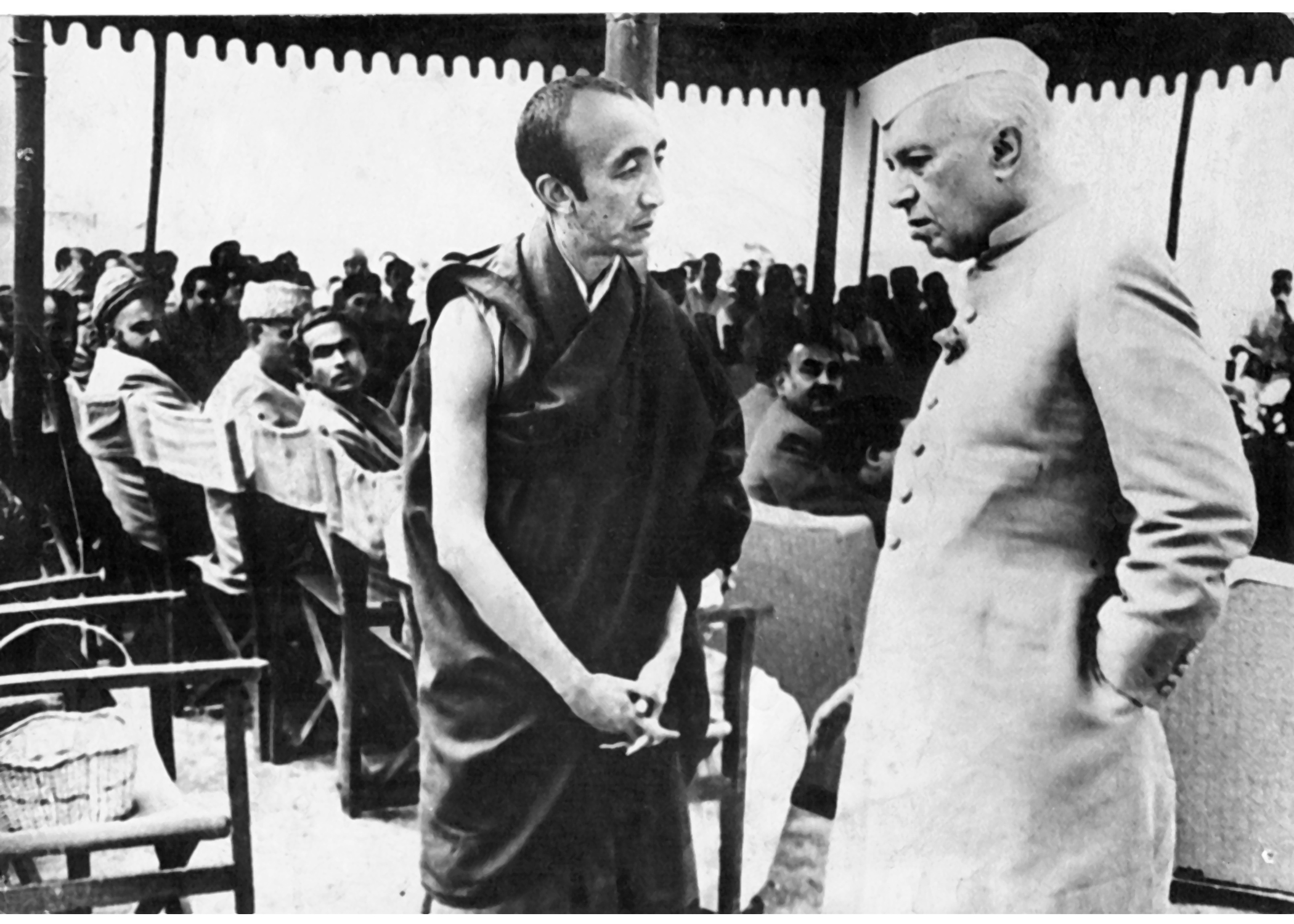
On the subject of Kashmir, he took a stand which was contrary to the position taken by his party, the Indian National Congress. He strongly opposed Article 370 and called for its abolition so that the merger of the State of J&K with the rest of India would be complete. He also planted the seeds for the demand of Union Territory (UT) status for Ladakh following frustrating stints in the Jammu and Kashmir administration. Rinpoche felt the region’s concerns were deliberately ignored by successive ruling dispensations in Srinagar with their focus firmly stuck on the Kashmir Valley. The establishment of the current Ladakh Autonomous Hill Development Council is a direct legacy of the initial demands he made for UT status in the 1960s.
In his seminal book ‘India after Gandhi’, the noted Indian historian Ramachandra Guha refers to how Rinpoche had warned the Government of India in 1955 of the severe danger facing Tibet and its potential fallout on India, as reports came in of growing Chinese presence in the region.
As the story goes, Rinpoche led a delegation deputed by the Nehru administration to coordinate with the then Government of Tibet, based in Lhasa, for the participation of the Dalai Lama and Panchen Lama in the 2500th Buddha Jayanti celebrations, scheduled to take place the following year across India.
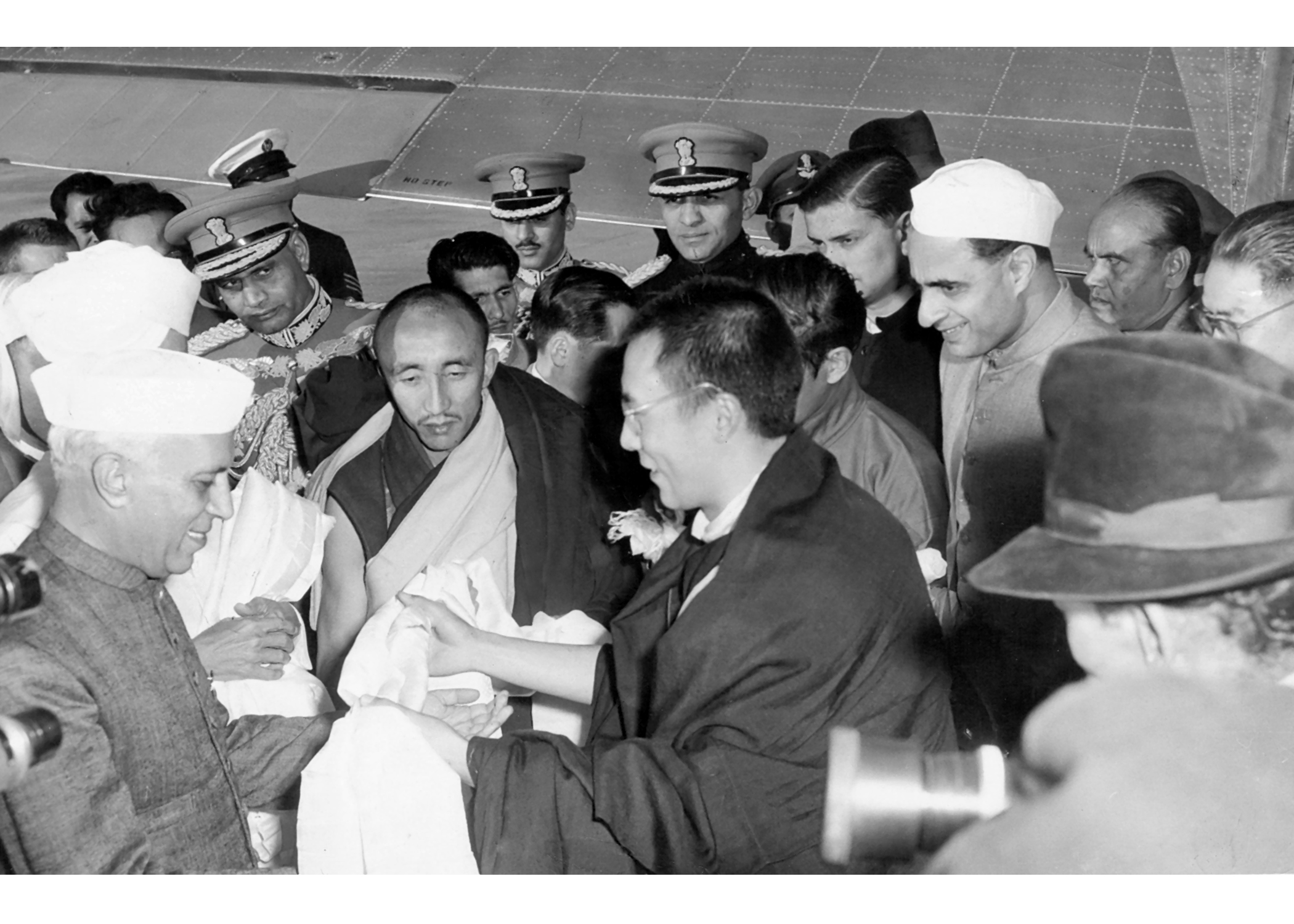
On his return to New Delhi, Rinpoche warned Nehru of the situation in Tibet. Unfortunately, his warnings were ignored by the government, and the consequences of their inaction are well-documented. Despite the horrors of the Chinese aggression in 1961-62, Rinpoche never rubbed the debacle in Nehru’s face, and in fact, worked tirelessly for the resettlement of Tibetan refugees following their influx.
A notable aspect of Rinpoche’s multi-faceted personality was that during his long and distinguished political career he maintained a close and cordial relationship with leaders of all the major political parties. His standing transcended party lines, despite his life-long association with the Congress party.
Read more: How Ladakhi Women Are Giving a Makeover to Centuries-Old Art Treasures
This fact came to light when he was appointed as a member of the National Minorities Commission, representing the Buddhist community in 1978 under the then Janata Party government, following the Congress party’s drubbing in the post-Emergency polls. This was a post he held until his appointment as India’s ambassador of Mongolia in 1990.
A recipient of Padma Bhushan in 1988, the late Bakula Rinpoche remains the most prominent Buddhist leader of Independent India. However, it was his contribution to the revival of Buddhism in Mongolia as an Indian diplomat following the collapse of the Soviet Union that genuinely stands out.
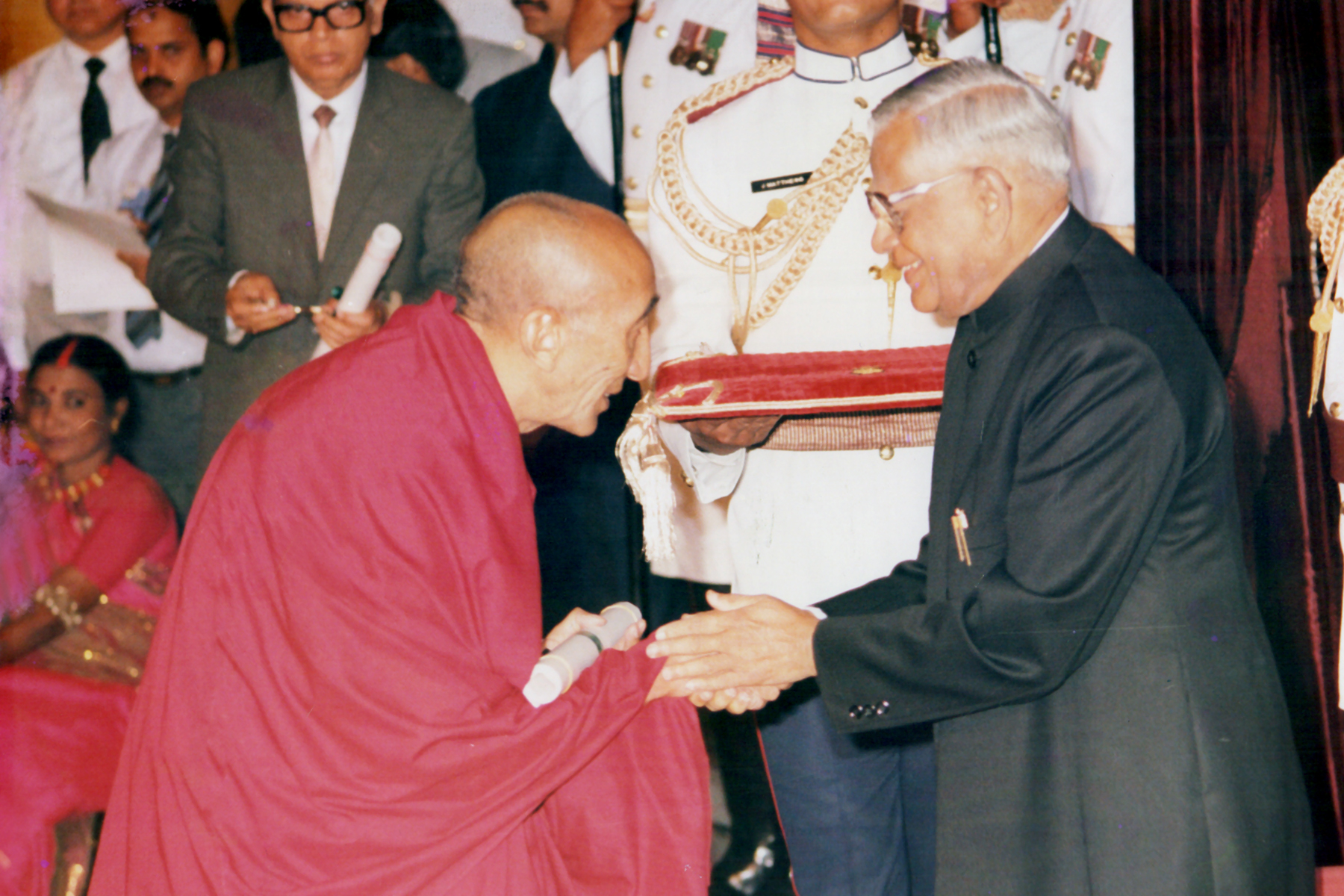
We only have to consider the words of P. Ochirbat, the first democratically elected President of Mongolia (1992-97) to gauge the impact Bakula Rinpoche had on the people of Mongolia during his tenure (1990-2000). “Ambassador Bakula Rinpoche was a statesman, a diplomat and a Buddhist clergy who carved out his niche in the history of Mongolia. He recognised the historical necessity of developing Mongolia’s national culture to restore the glory of Buddhism, an inseparable part of its cultural heritage. In 1994 I paid a State Visit to India during which the two countries signed the historic Treaty of Cooperation and Friendship. It was an unprecedented and a landmark agreement in the history of bilateral relations, and here I would like to emphasise on the personal efforts made by Bakula Rinpoche in the accomplishment of this feat,” he said.
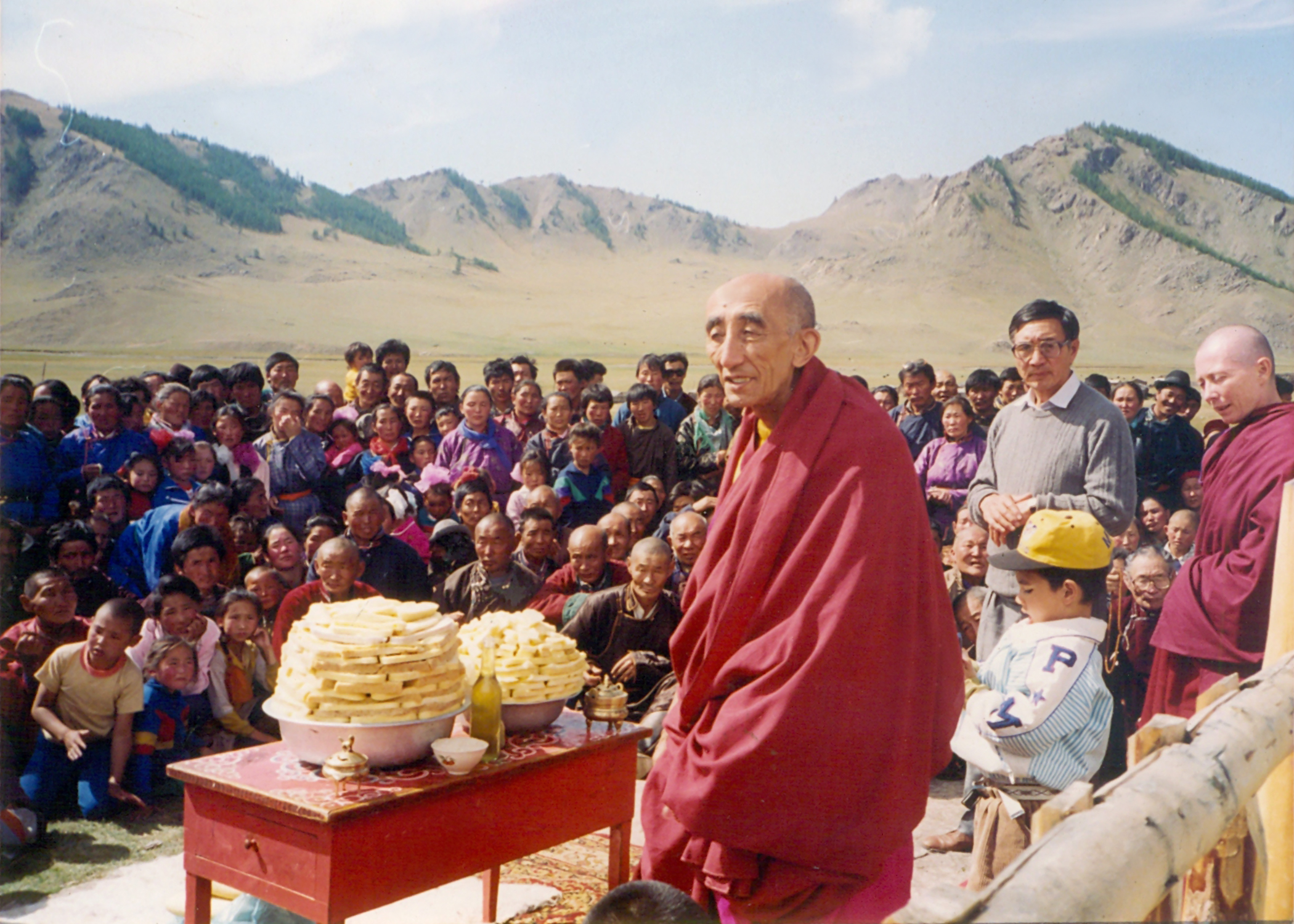
Unlike other embassies, the Indian Embassy in Ulaanbaatar during Rinpoche’s tenure hosted not just diplomats and locals seeking Indian visas, but a long line of devotees from the Mongolian countryside seeking his teachings and blessings on a near-daily basis. He is fondly remembered as ‘Elchin Bagsh’ (Ambassador-Teacher) by the people of Mongolia. In 2001, he was conferred with the Polar Star award, Mongolia’s second-highest civilian award. The Pethub Stangey Choskhor Ling Monastery that Rinpoche built in the heart of Ulaanbaatar is a confirmation of the deep-rooted connection he had felt with the people of Mongolia. What more could you ask of a diplomat?
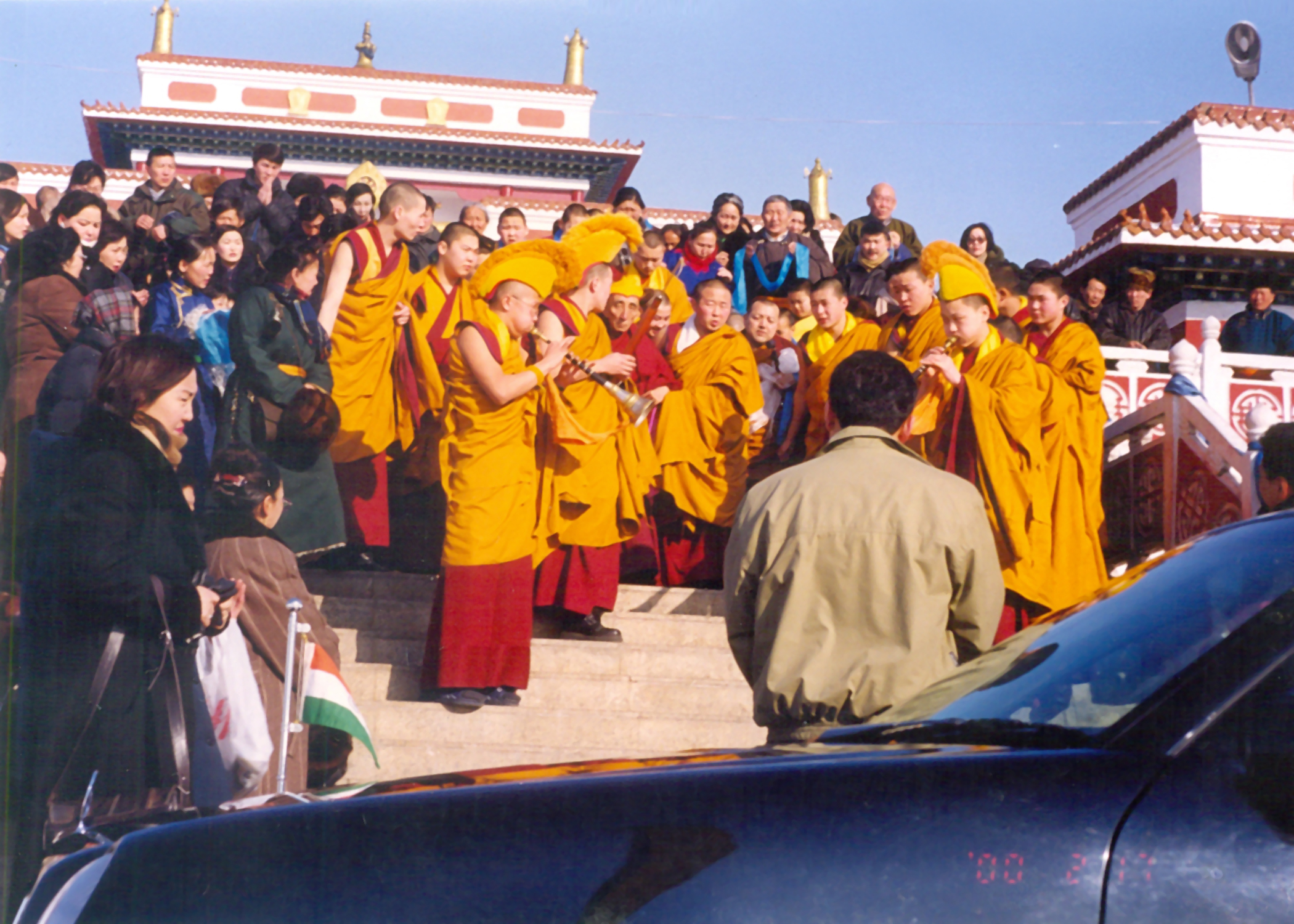
These anecdotes only capture a small portion of his contributions to Ladakh, Mongolia and Buddhist culture across the globe. In honour of his life’s work, the Government of India renamed the Leh airport as the Kushok Bakula Rinpoche Airport. Mohan Bhagwat’s speech on Vijay Dashmi only reminded the people of India that such a person existed in our midst—a living embodiment of the idea of India.
Like this story? Or have something to share? Write to us: [email protected], or connect with us on Facebook and Twitter.
NEW: Click here to get positive news on WhatsApp!
If you found our stories insightful, informative, or even just enjoyable, we invite you to consider making a voluntary payment to support the work we do at The Better India. Your contribution helps us continue producing quality content that educates, inspires, and drives positive change.
Choose one of the payment options below for your contribution-
By paying for the stories you value, you directly contribute to sustaining our efforts focused on making a difference in the world. Together, let’s ensure that impactful stories continue to be told and shared, enriching lives and communities alike.
Thank you for your support. Here are some frequently asked questions you might find helpful to know why you are contributing?


This story made me
-
97
-
121
-
89
-
167











